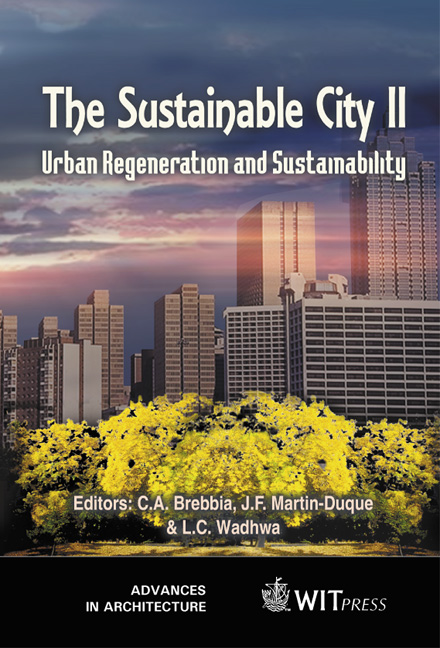Participatory Budgeting And E-democracy In Brazil: New Strategies, New Challenges In The City Management
Price
Free (open access)
Transaction
Volume
54
Pages
Published
2002
Size
515 kb
Paper DOI
10.2495/URS020641
Copyright
WIT Press
Author(s)
ASS Teodósio
Abstract
The article discusses the challenges and dilemmas of community participation in the management of public urban policies in the Brazilian contemporary scene. The author analyses two important tendencies: the called \“Participatory Budgeting” and \“E-Democracy”. First of all, the classic and modern conceptions of democracy are discussed. After that, the paper analyses the Brazilian experience of people participation in the 90’s, specially the community action on the definition of the city budget. The author discusses the citizenship and democratic participation through \“E-Democracy” in the Brazilian society. Theses two new strategies of city management bring interesting possibilities to urban sustainable communities, but also bring challenges and dilemmas of people mobilization in developing countries. 1 Introduction The two preliminary reflections can point out the complexity that the popular participation shapes up in the management of the contemporary cities. Participation and democratization became word of motto of public administrations, many times getting the panacea status for the problems found in the modern urban space, Tendler [l]. Parallel to that \“sharing fever”, it is noticed the centricity of the called \“Local Power” in the calendar of discussions about the reform of the Brazilian State. Successful experiences of democratization of the municipal administration were useful to diffuse strategies of popular participation in the management from the Participatory Budgeting to the articulation of the local executive power with
Keywords





